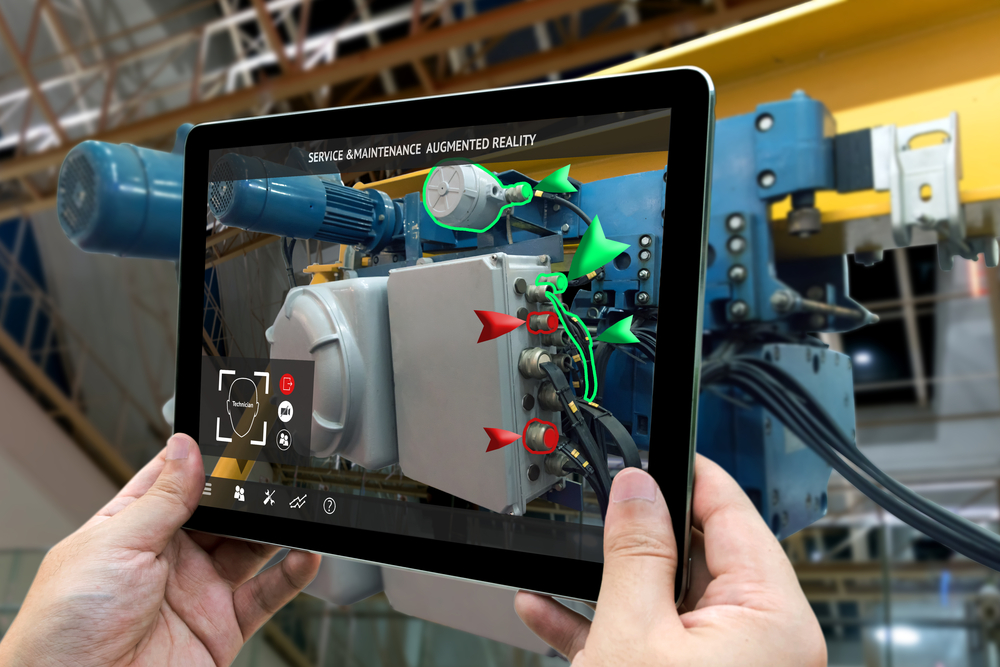The year 2020, with its global pandemic issues, has demonstrated on the ground how agility has also become critical in manufacturing processes. Many supply chains have undergone abrupt changes, due to imposed shutdowns, and at the same time the market has changed in a very short time, with sudden changes in supply and demand that are unparalleled in history.
In short, the manufacturing sector has faced a number of challenges that would not have been foreseeable six months earlier. One of the most critical issues that has emerged during this period, and a real challenge for the near future, is the responsiveness of companies to sudden changes in the market. Reactivity that, in most cases, is linked hand in hand with the implementation of solutions to control and coordinate manufacturing processes and the supply chain in general, from order to delivery. All challenges that can be answered by the digital transition.
The digital transition in the manufacturing sector
In the manufacturing sector, innovation has demonstrated in the field that it can provide improved responsiveness, not only in the optimization of production processes, but also in the ability to provide guidance and strategies to respond nimbly to moments of crisis. This is thanks to timely and continuous data analysis that, in a decision-making data driven allows strategic decisions to be made where previous experience cannot help.

Having an intelligent production and organizational chain enables manufacturing production to adapt quickly and efficiently even, for example, to the management of new products, or new supply chains.
All this without the problems typical of emergency situations, particularly with regard to flow control and monitoring. ERP and Digital Core solutions such as SAP, in fact, can respond quickly to changing needs while maintaining high standards of management control, thanks to the ability to collect and process data intelligently and flexibly.
Industrial innovation to meet the challenges
If there is one aspect on which all leading analysts agree, it is that the 2020 contingency has generated a very strong push on innovation, on the one hand demonstrating the effectiveness of certain models, particularly in the context of Industry 4.0 and the smart factory. From these experiences, it is possible to borrow three simple strategies for facilitating manufacturing in the challenges introduced by the Covid-19 contingency and which are likely to be major issues in the near future.
Integrating data for complete visibility
As we know, data integration is one of the main challenges of Digital Transformation. Allowing all sectors to work on an integrated platform, rather than with proprietary datasets and specific procedures, allows for better circulation of information and, most importantly, offers the possibility of forming an efficient and effective control chain, from order to delivery.
From data collection to data analysis
Another key point for rapidly adapting the manufacturing industry to the new challenges is to use data, once collected and normalized, for general value analysis. By involving in this process both data from production, for example those from machinery and systems, and data from logistics and administration, it is possible to have a facilitating overview on both management and decision-making processes.
Virtual and remote collaboration: digital twin and advanced solutions
What is being called the new normal has greatly reduced mobility, particularly of personnel. Digital has provided considerable support to industry, offering solutions already designed over the past decade. Remote plant monitoring, for example, is already a reality in many industries, and it has been sufficient to adapt it to the needs of agile work to optimize staff travel.
The opportunity to go a step further is provided by the digital twin. Indeed, thanks to a mathematical model that replicates the entire supply chain, fed with data from real-time IIoT systems, it is possible to accomplish monitoring in a real-world replica, allowing technical teams to perform checks and inspections in much the same way as in-person.
Industry 4.0 on the test bench
In short, wanting to look at 2020 from the perspective of opportunities, it was a global laboratory on the most advanced solutions that Industry 4.0 and smart factories can offer. Precisely because of the flexibility offered by digital supply chains, for example, the possibility of sharing infrastructure has arisen, according to a principle already christened smart factory as a service. It is precisely thanks to smart solutions and new communication channels, in fact, that it is possible to share infrastructure and production chains, with levels of flexibility and efficiency that traditional channels cannot guarantee.
Contact us to receive more information about the best solution for you and make your business a smart business!